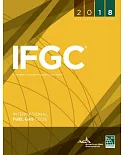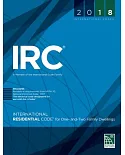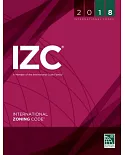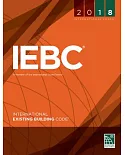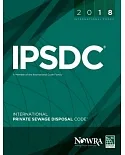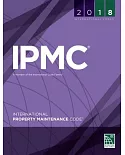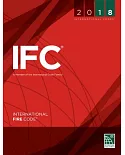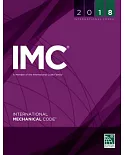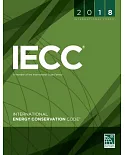The dramatic surge in technological innovations in recent year has led researchers to think hard about the linkages between technology and its effects on society. In particular ICTS have become
have become key factors contributing to economic growth in advanced economies and developing countries alike. In this context, this book attempts to contribute to the little empirical evidence
that exists for Latin America by providing the results of randomized and quasi-experimental designed studies for different information and communication technologies, that range from
traditional ones, such as DVDs and radios, to mobile phone applications, to traceability information systems. We find that there are several commonalities among the studies presented, which are
especially related to complementarity and compliance. It is argue that the latter appears to be a particularly relevant issue, one that should also be taken into account in future studies
related to information and communication technology.In addition, this is a topic that is directly relevant since future investments in areas such as agricultural extension, public safety net
programs, market deepening, financial education, and the like are likely to be increasingly driven through information technology platforms. This collection of essays aims to provide valuable
insight on both the promise and the pitfalls of trying to replace conventional, high-cost outreach with technological alternatives. Both researchers working in the area of information
technologies, as well as to practitioners who are pondering how to leverage technology to improve outreach and to reach clients in innovative ways, should be able to derive valuable insights.





